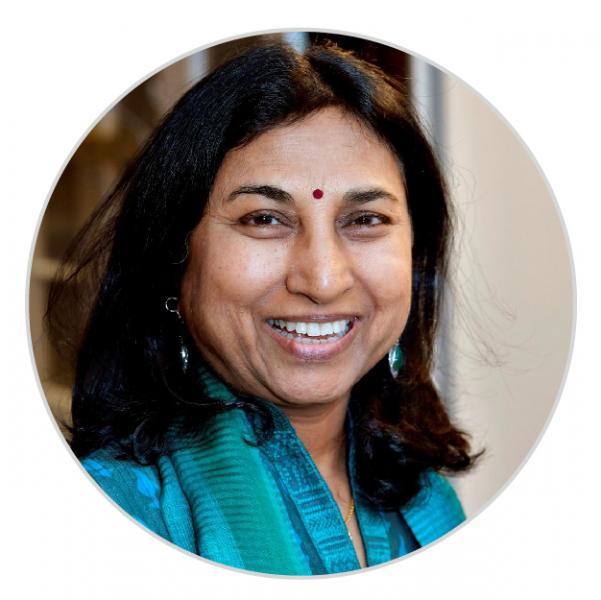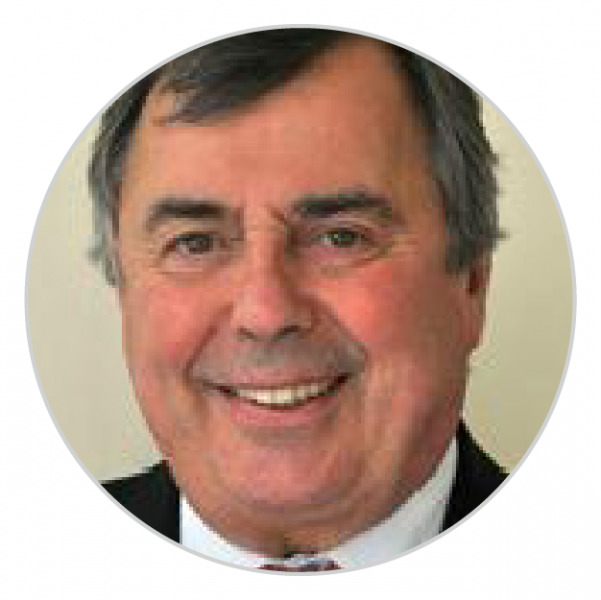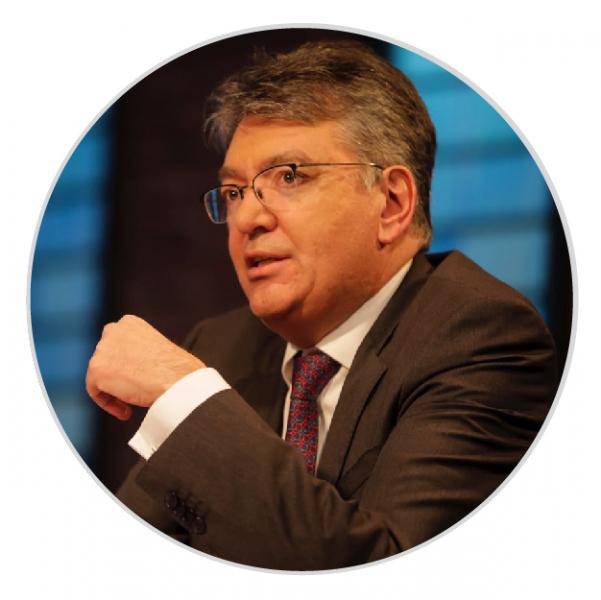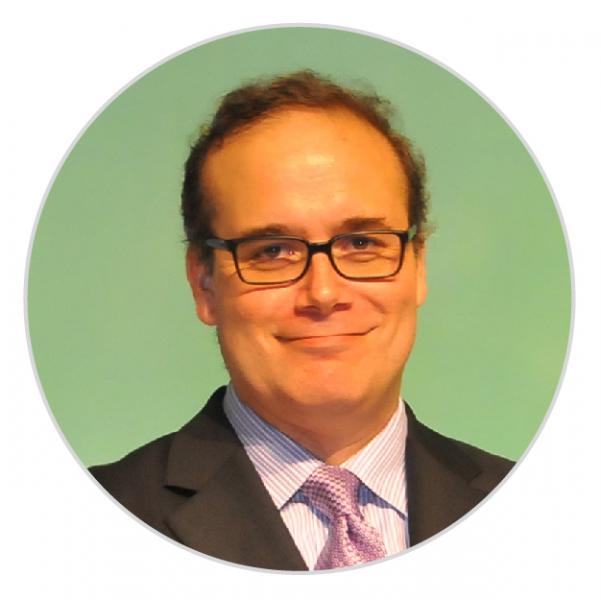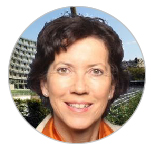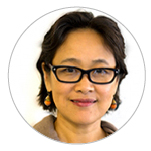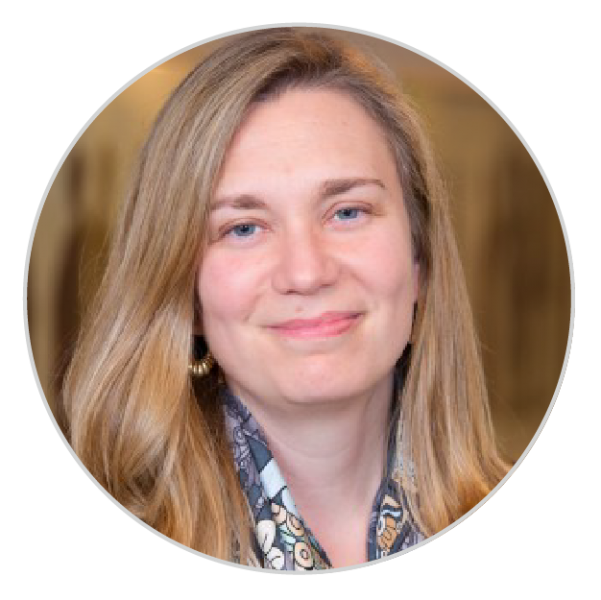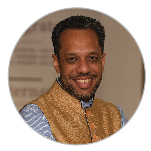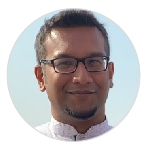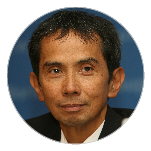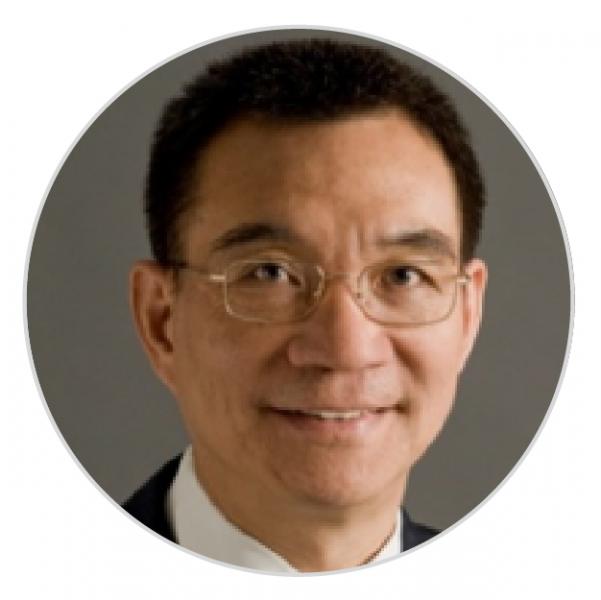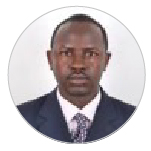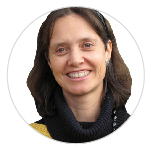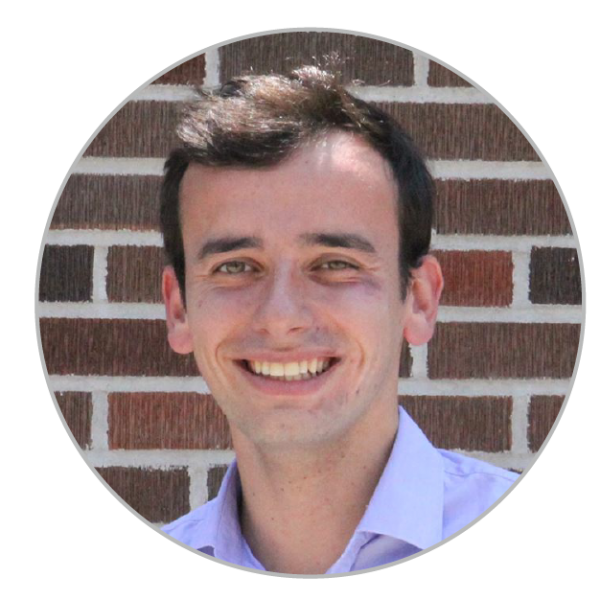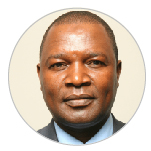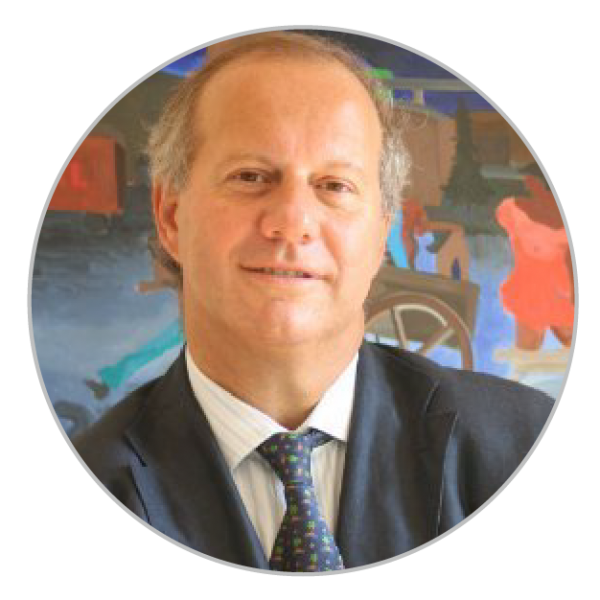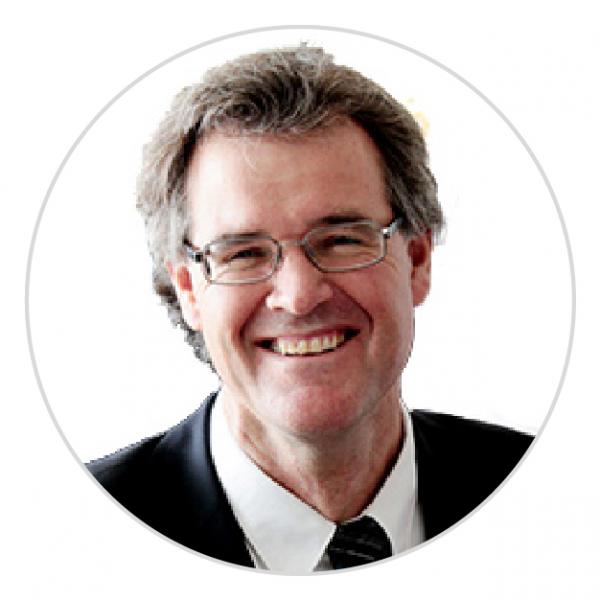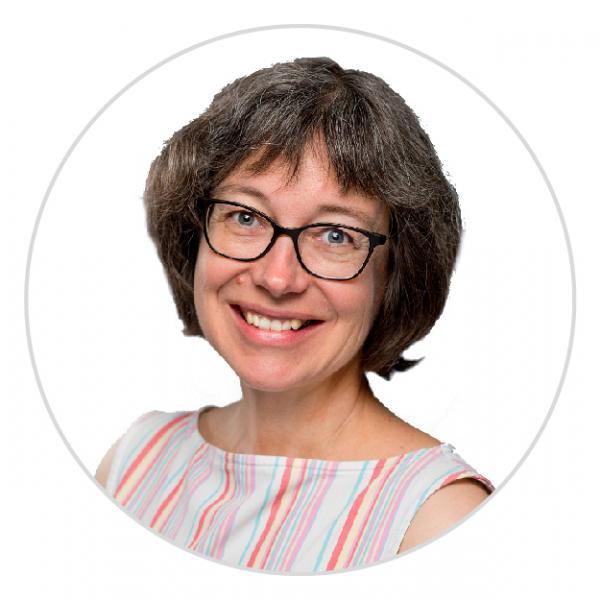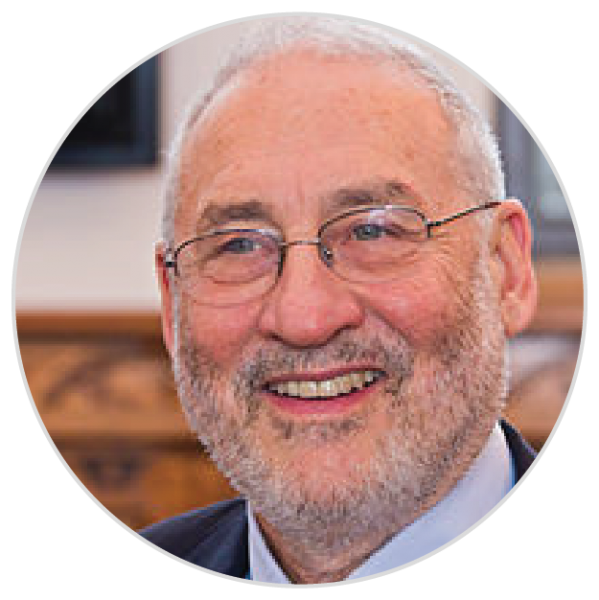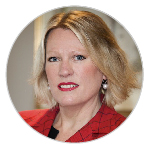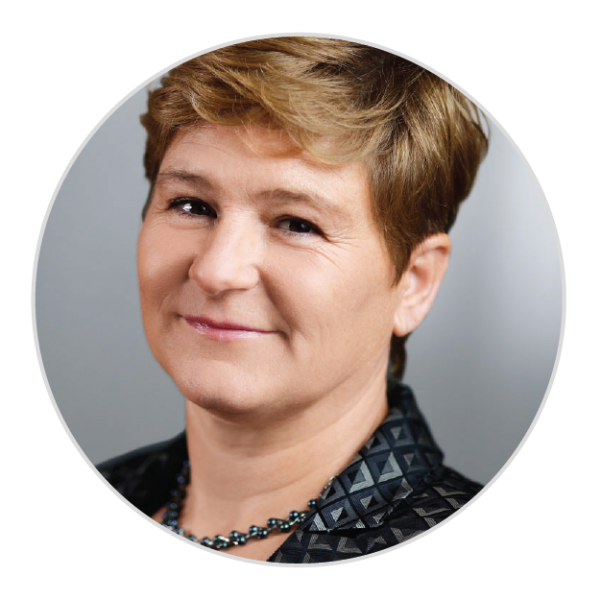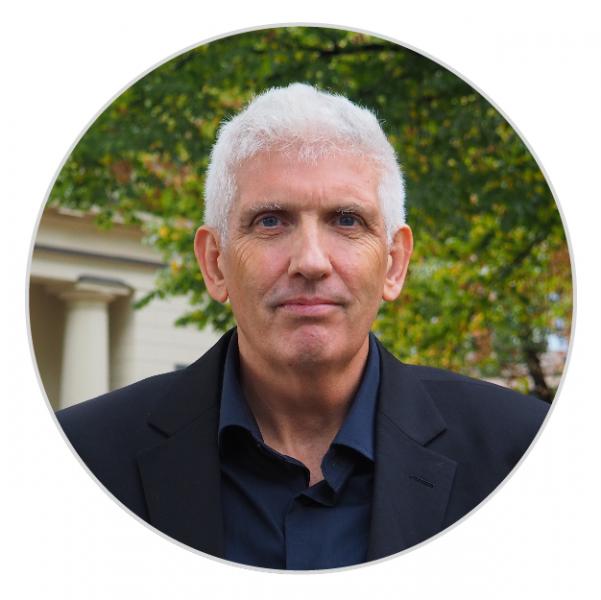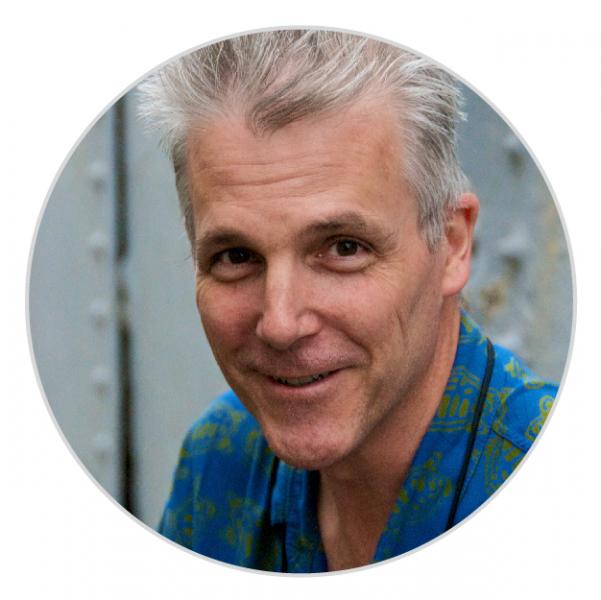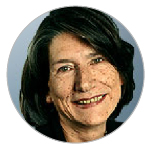|
|
Bina Agarwal is the professor of Development Economics and Environment at the Global Development Institute, University of Manchester. She has been director and professor, Institute of Economic Growth, Delhi; president, International Society for Ecological Economics; vice-president, International Economic Association; and president, International Association for Feminist Economics. She has held distinguished positions at Cambridge, Harvard, Michigan, Minnesota, New York University School of Law and Princeton University. She was on the Board of GDN for many years in its formative stages, from 1999. Agarwal has written extensively on land and property rights, agrarian change, environmental governance, farmers’ cooperation, and inequality, especially from a political economy and gender perspective. Her recent books, both from Oxford University Press are Gender and Green Governance (2010) and Gender Challenges (2016), a three-volume compendium of her selected papers, covering Agriculture, Property, and the Environment respectively. Her awards include a Padma Shri from the President of India 2008; the Leontief Prize 2010; and three prizes in 2017: the Order of Agricultural Merit (officer), France; Louis Malassis International Scientific Prize; and the International Balzan Prize. website: https://isid.org.in |
|
|
François Bourguignon is chair of the Global Development Network Board. He is also emeritus professor of Economics at the Paris School of Economics and professor of economics, L'École des hautes études en sciences sociales. In the past, he has served as the director of the Paris School of Economics, the chief economist and senior vice president, the World Bank, Washington (2003-2007) and as the advisor of the chief economist at Banque Mondiale (1999-2000). Bourguignon was the founder and first director of Delta, Joint Research Unit Cnrs, Ehess et Ens (1988). He is a statistician from École nationale de la statistique et de l'administration économique and holds a PhD in Economics from the University of Western Ontario. François Bourguignon also has a DEA Mathématiques appliquées, Université Paris and a Doctorat d'Etat en économie, Université d'Orléans. His fields of research include income distribution, inequality and poverty, redistribution, economic development and he has authored a number of books related to these issues. He has received several awards and merits for his works. |
|
|
Joachim von Braun is currently a professor at the Center for Development Research, University of Bonn, and the president of the Pontifical Academy of Sciences of the Vatican. He has previously been associated with the International Food Policy Research Institute and the International Association of Agricultural Economics. His research addresses international and development economics topics including markets and trade, poverty, health and nutrition, agriculture and science and technology. He is a member of Academy of Science of North-Rhine Westphalia, German Academy of Science and Engineering and a Fellow of the American Association for the Advancement of Sciences. Von Braun has a doctoral degree in agriculture economics from the University of Göttingen, Germany. |
|
|
Mauricio Cárdenas, an economist, who served, previously, as Colombia’s minister of finance and public credit from 2012 to 2018. He is currently a visiting professor at the School of International and Public Affairs, Columbia University. As finance minister, Cárdenas oversaw a successful adjustment program that preserved high investment rates and produced reductions in poverty and inequality during the oil shock of the mid-2010s. He was previously the chairman of the boards of governors of the International Monetary Fund and the World Bank, and the chairman of the Intergovernmental Group of Twenty-Four (G-24). Holding a PhD in economics from the University of California, Berkeley, Cárdenas has also twice been the executive director of Fedesarrollo, a think tank in Colombia that conducts research on economic and social policy and a senior fellow at the Brookings Institution, leading the Latin American Initiative. |
|
|
Máximo Torero Cullen is the assistant director-general, Economic and Social Development Department of the Food and Agricultural Organization since January 2019. He has previously been the World Bank Group's executive director for Argentina, Bolivia, Chile, Paraguay, Peru and Uruguay and has led the Division of the Markets, Trade, and Institutions at the International Food Policy Research Institute (IFPRI). His research work lies in analyzing poverty, inequality, the importance of geography and assets in explaining poverty, in policies oriented towards poverty alleviation based on the role played by infrastructure, institutions, and on how technological breakthroughs can improve the welfare of households and small farmers. Torero Cullen holds a PhD in economics from the University of California, Los Angeles. |
|
|
Susanne Früh is the director of the Internal Oversight Service at the United Nations Educational, Scientific and Cultural Organization (UNESCO) and the United Nations Evaluation Group Chair. In this function, she directs the internal audit, evaluation and investigations functions of UNESCO and is a member of UNESCO's Senior Management Team. She has about 30 years of work experience with seven different UN entities combining operational and management experience with hands-on evaluation, results-based management, and strategic planning expertise. Following work in consulting and program management during her earlier career, she has worked at the senior leadership level in the evaluation functions of the United Nations Capital Development Fund (UNCDF),1996 - 1999, the World Food Programme (WFP), 1999-2002 and the UN Office for Humanitarian Coordination (UNOCHA), 2002-2007. Between 2009 and 2014 she was the executive secretary of the Joint Inspection Unit, a subsidiary body to the United Nations General Assembly with a system-wide mandate for evaluation, inspection, and investigations. Susanne Früh is also a member of the American and European Evaluation Associations (AEA, EEA), UN Evaluation Group (UNEG), and an Advisory Board member of the German Institute for Development Evaluation (DEVAL). |
|
|
Haishan Fu is the director of the World Bank’s Development Data Group, overseeing its global development monitoring and open data initiatives, surveys and other technical services, and global statistical programs such as the International Comparison Program. She also leads and coordinates the development and implementation of the Bank’s development data agenda. Haishan Fu has been an active leader in the global statistical community, having served on the UN Secretary General’s Independent Expert Advisory Group on Data Revolution for Sustainable Development, and is Council of ISI. Previously she led the statistics program at the UNESCAP and UNDP’s Human Development Report Office and worked as a senior researcher. Ms. Fu holds a PhD in demography from Princeton University and a bachelor's in economics from Peking University. |
|
|
Amanda Glassman is executive vice president and senior fellow at the Center for Global Development and also serves as chief executive officer of CGD Europe. Her research focuses on priority-setting, resource allocation and value for money in global health, as well as data for development. Prior to her current position, she served as director for global health policy at the Center from 2010 to 2016 and has more than 25 years of experience working on health and social protection policy and programs in Latin America and elsewhere in the developing world. |
|
|
Arunabha Ghosh is the founder-chief executive officer of the Council on Energy, Environment and Water and has led CEEW to one of South Asia's leading policy research institutions (six years in a row); and among the world’s 20 best climate think-tanks in 2016. As a public policy professional, adviser, author, comumist, and institution builder, Arunabha Ghosh has experience in 44 countries and has previously worked at Princeton, Oxford, WTO, and UNDP. In 2018, the UN Secretary-General nominated him to the UN's Committee for Development Policy. Ghosh advises governments, industry, civil society and international organizations around the world which includes India’s Prime Minister’s Office, several ministries and state governments. His monthly columns in the Business Standard (Inflexion Points) and the Hindustan Times (Over The Horizon) are widely read. He is a World Economic Forum Young Global Leader, was a member of WEF’s Global Future Council on Energy (2016-18), and an Asia Society Asia 21 Young Leader. He holds a DPhil from Oxford. |
|
|
Omar Ramsés López is the national research system director at the Director Secretaria Nacional de Ciencia, Tecnologia e Innovación (SENACYT). He is a tropical biologist trained primarily as a plant physiological ecologist with research interests in flooded forests and invasive species. He now oversees the National Research System, an instrument of SENACYT to promote research excellence by recognizing researchers' dedication to research activities. The National Research System has set a standard for evaluating researcher productivity in all areas of knowledge in Panama. In its evolution, the National Research strives to provide fair evaluation procedures and to implement those at the research centers and groups. |
|
|
Khondoker Haider is currently working at the International Finance Corporation's Sector Economics and Development Impact Department, and he is undertaking development impact assessment of investments in financial institution across Central Asia and South Asia, and co-leading research work in the area of housing finance and climate finance. Prior to joining IFC, he was at the Research Department of the International Monetary Fund and contributed to the World Economic Outlook. He has more than ten years of experience in evaluation and has led technical evaluation assignments at multiple international organizations, including the United Nations, Global Environmental Facility, Grameen Bank, and International Trade Center. Khondoker has been awarded the Benjamin A. Rogge Memorial Award (2010) and Warren Shearer Prize in Economics (2009). He completed his undergraduate degree in Economics from Wabash College and holds a master’s degree in Finance from Johns Hopkins University and in development economics from Oxford University. |
|
|
Pierre Jacquet is the fourth president of the Global Development Network (GDN). Formerly chief economist of the French Development Agency (AFD) between 2002 and 2012, he also served as the executive director in charge of strategy from 2002 to 2010. Preceding AFD, he was deputy director of the French Institute on International Relations (IFRI), where he was responsible for the economic program and was chief editor of IFRI's quarterly review Politique Etrangère. From 1994 to 2012, Pierre Jacquet was president of the Department of Economic and Social Sciences and professor of International Economics at the Ecole nationale des Ponts et Chaussées, a renowned French graduate engineering school. He has also lectured in various business schools and universities such as INSEAD, Sciences-Po, the Paris School of Economics (PSE) and Ecole nationale d’ Administration (ENA). |
|
|
Emmanuel (Manny) Jimenez is the executive director of the International Initiative on Impact Evaluation (3ie), a non-profit organization which provides grants for the rigorous assessment of the effectiveness of development projects and programs and supports the use of such evidence in decision-making. He came to 3ie early in 2015 after many years at the World Bank Group where he provided technical expertise and strategic leadership in a number of research and operational positions including as director of the bank’s operational program in human development in its Asia regions from 2000-2012 and as director of public sector evaluations from 2012- 2014. Before joining the bank, Manny Jimenez was on the economics faculty at the University of Western Ontario in London, Canada. He received his Ph.D. from Brown University. He is also the editor-in-chief of the Journal of Development Effectiveness. |
|
|
Justin Yifu Lin is dean of the Institute of New Structural Economics, dean of Institute of South-South Cooperation and Development, honorary dean, National School of Development at Peking University and Counselor of State Council. He was the vice chairman of the All-China Federation of Industry and Commerce, 2013-2017, and the senior vice president and chief economist of the World Bank, 2008-2012. Prior to this, Justin Yifu Lin served for 15 years as founding director and professor of the China Centre for Economic Research (CCER) at Peking University. He has authored a number of books. Most recently, he was awarded the Professional Achievement Award by the University of Chicago Alumni Association and is a corresponding fellow of the British Academy and a Fellow of the Academy of Sciences for Developing World. |
|
|
Timothy Lubanga is currently the commissioner for monitoring and evaluation at the Office of the Prime Minister responsible for managing the Country National Monitoring and Evaluation System (NIMES). He has 20 years’ experience on social protection, especially in fragile and conflict-affected environments. In the last 11 years, he has been at the forefront of developing and managing the Uganda National Monitoring and Evaluation System (NIMES). He has led several policy reforms in monitoring and evaluation in the country and commissioned and managed several evaluations in the public sector in Uganda. He was the team leader of a multi-sectoral team that designed and managed a post-conflict master plan – the Peace, Recovery and Development Plan (PRDP) from 2005 to 2009. Timothy Lubanga holds a bachelor's in economics and a masters in economic policy and planning from Makerere University as well as an MBA from Uganda Martyrs University and St. Mary’s University, Nova Scotia, Canada. He is a member of the Board of Directors of the Uganda Micro-Finance Support Centre, TPO Uganda and Walkway Schools Ltd, and an executive committee member of the Uganda Evaluation Association, and a member of the management committee of Twende Mbele, an African regional program for collaboration on strengthening national evaluation systems. |
|
|
Dirk Messner is the director of the United Nations University’s Institute for Environment and Human Security (UNU-EHS) in Bonn, Germany. He is also the co-director of the Käte Hamburger Kolleg/ Centre for Global Cooperation Research at the University of Duisburg-Essen. He is an internationally recognized expert on the topics of global change and global governance, the evolution of human cooperation, sustainability in the digital age, transformation pathways to sustainable development, decarbonization of the global economy and societal change. Messner is a member of a number of high-ranking policy advisory councils and his engagements include co-chairing the German Advisory Council on Global Change, the Sustainable Development Solutions Network Germany and the Science Platform Sustainability 2030. He previously also served as a member of the World Bank’s Global Knowledge Council and the China Council on Global Cooperation on Development and Environment. He is a member of the Earth League, an alliance of leading sustainability and earth system scholars. He is the author or co-author of more than 300 publications. |
|
|
Katherina Michaelowa is a professor at the Department of Political Science at the University of Zurich. She has previously been associated with the Organisation for Economic Co-operation and Development and the Hamburg Institute of International Economics. Michaelowa was the director of the Center for International and Comparative Studies (CIS) and chair of the Research Committee on development economics of the German Economic Association, and is a currently a member of the National Research Council of the Swiss National Science Foundation. She has a PhD in economics from Hamburg University. |
|
|
Santosh K Misra is currently the commissioner of e-Governance, and chief executive officer of the e-Governance Agency of Government of Tamil Nadu, India. He is a public policy and regulatory specialist working in the area of emerging technology and has a deep technological background with over 21 years of work experience and is recognized as a public policy and technology expert. He has been leading programs requiring inter-disciplinary co-ordination and has been driving strategic change within the Government using technology. He has a master's degree in electrical engineering from the University of Minnesota, and a bachelor's of technology from the Indian Institute of Technology Kanpur, with a specialization in digital signal processing and communication technology. He is at present pursuing a PhD on the research topic "Public policy challenges of Artificial Intelligence." In his current role as the commissioner of e-Governance and chief executive officer of the e-Governance Agency of Tamil Nady, Santosh Misra, is leading some pathbreaking initiatives: using AI for improving governance in the areas of education, healthcare, and agriculture, rolling out a statewide blockchain backbone which would be the largest deployment of an enterprise blockchain anywhere in the world, and launching "Zero Knowledge Proof Predictive Service Delivery" which aims to revolutionize the way govt services are delivered to citizens. |
|
|
Arnaud Pincet is the project lead of the SDG Financing Lab at the Organisation for Economic Co-operation and Development (OECD). He oversees the work big data analytics to trace donors’ contributions to the Sustainable Development Goals. He started his career at the International Energy Agency, advising African countries on energy statistics and providing capacity building. Ge holds a master of technology and economics from ETH Zurich and a bachelor of mechanical engineering from Swiss Federal Institute of Technology Lausanne (EPFL). |
|
|
Njuguna Ndung’u is the executive director of the African Economic Research Consortium and was the former governor of the Central Bank of Kenya. He is also an associate professor of economics at the University of Nairobi, Kenya. He was the first governor in Kenya to complete two terms since the law was put in place in 1982. Prior to his appointment as governor, Njuguna Ndung’u was the director of training at the African Economic Research Consortium (AERC), a capacity-building network in Africa in economic policy and analytical capacity. He has taught economics at the University of Nairobi, has worked with the International Development Research Centre (IDRC) and at the Kenya Institute of Public Policy Research and Analysis (KIPPRA), a government think-tank as a Principal Researcher. This is where he led the team to develop a macro model for Kenya in 2001 and it has been used as a training tool by most countries in eastern and southern Africa region since. |
|
|
Gerardo della Paolera is the chief executive officer and executive director at the Fundación Bunge y Born, the biggest prívate foundation in Argentina with the aim to spur social investment based on empirical evidence to measure a definitive positive impact and scalability effect in the areas of science and technology, education, health and poverty and culture. At present, also he is also professor of economics at the Universidad Torcuato Di Tella in Buenos Aires, Argentina and visiting professor in global political economy at the Central European University in Budapest, Hungary. He is a full member of the Argentine National Academy of Economic Sciences (ANCE) and a member of the board of trustees of CIPPEC, a plural and independent public policy think tank based in Buenos Aires. He is a senior editor of Boletin Informativo Techint, a prestigious private sponsored publication on industrial and economic policy issues and holds a PhD and masters in economics MA in Economics (1985) and a PhD in Economics (1988) from the University of Chicago, having studied under scholars such as Sherwin Rosen, Larry Sjaastad, and Nobel Laureates Robert W. Fogel and Gary Becker. |
|
|
Jesse Reynolds is an Emmett / Frankel Fellow in Environmental Law and Policy at the Emmett Institute on Climate Change and the Environment of the University of California, Los Angeles School of Law. He is a scholar of international environmental policy. He researches and teaches how society can develop norms, rules, procedures, and institutions to manage environmental opportunities and challenges, particularly those involving new technologies. Reynolds is currently exploring the roles of new biotechnologies, such as gene drives, and artificial intelligence in the conservation of biodiversity and facilitating sustainability more generally. He is also an associate researcher at the Utrecht Center for Water, Oceans, and Sustainability Law, Utrecht University and a research affiliate at Harvard’s Solar Geoengineering Research Program, Harvard University. Know more. |
|
|
Jakob Rhyner is currently the scientific director of the Bonn Alliance for Sustainability Research/[GAP] Innovation Campus Bonn (ICB) and the professor of global change and systemic risks at the Agricultural Faculty of the University of Bonn. With a PhD in theoretical physics from the Swiss Federal Institute of Technology, Zurich, Rhyner has previously worked with ABB Ltd, the Swiss Federal Institute for Snow and Avalanche Research and the United Nations University. He was the vice-rector in Europe for the United Nations University and director of the Institute for Environment and Human Security (UNU-EHS). He is a member of the Science and Technology Advisory Group at the UN Secretariat for Disaster Risk Reduction, co-chair of the Governing Council of Future Earth Decade Initiative and was previously on the board of the German Committee for Disaster Prevention. |
|
|
Imme Scholz is acting director of the German Development Institute / Deutsches Institut für Entwicklungspolitik (DIE). From 2009-2018 she had been deputy director, and between 2002-2009 she headed the department on environmental policy and natural resource management at DIE where she introduced work related to climate change into the institute’s research and policy advice activities. She is a member of the German Council for Sustainable Development since 2013 and was part of a task force on greening China’s South-South Cooperation. She has published extensively on several topics at the interface of environment and development, including the 2030 Agenda and the SDGs, adaptation to climate change, and sustainable forest use. In the 1980s, she studied sociology at the Freie Universität Berlin where she did her doctorate in 1999 after joining DIE in 1992. Between 1999 and 2002, she worked for German Development Cooperation as an environmental policy advisor in the Brazilian Amazon. Copyright: DIE. |
|
|
Joseph Stiglitz is a professor at Columbia University, and an American economist and public policy analyst. He is a recipient of the Nobel Memorial Prize in Economic Sciences in 2001, and the John Bates Clark Medal in 1979. He is a former senior vice president and chief economist of the World Bank and is a former member and chairman of the (US president's) Council of Economic Advisers. He is known for his support of Georgist public finance theory and for his critical view of the management of globalization, of laissez-faire economists (whom he calls "free market fundamentalists"), and of international institutions such as the International Monetary Fund and the World Bank. |
|
|
Diane Stone is the acting dean and professor in the School of Public Policy at the Central European University. For the past decade, she has split her professional activities between Australia and Europe. In Australia, she is the Centenary Professor of Governance at the Institute for Governance and Policy Analysis, in the University of Canberra. Professor Stone is also the consulting editor for Policy and Politics and since 2014 has been a vice president of the International Public Policy Association. Her research is focused on the one hand, with global policy, the 'new diplomacy' and transnational administration; and on the other, with the role of ideas in policymaking, policy transfer, and network governance. |
|
|
Peter Taylor is currently the director of strategic development, at the International Development Research Centre (IDRC), Ottawa, Canada. He also served as the acting director of IDRC’s Inclusive Economies Program Area, and as associate director for the Think Tank Initiative, a 10-year, multi-partner program that supports strengthening of policy research organizations in Africa, South Asia and Latin America. He has more than 30 years of experience in international development. He has also worked at the Institute of Development Studies, UK where he was a research fellow and leader of the participation, Power and Social Change Team. Prior to that he was the education technical advisor with the Swiss NGO Helvetas in the Vietnam Social Forestry Support Program, lecturer in Agricultural Education at the Agricultural Extension and Rural Development Department at the University of Reading, and head of the agriculture department in a rural secondary school in northern Botswana. He holds a PhD and MSc in agricultural education. He has research, teaching and writing interests in the theory and practice of organizational development and capacity strengthening, evaluation and learning, and facilitation of participatory and social change processes in a diverse range of international contexts. |
|
|
Claudia Warning is the director-general for the Middle East Asia, Latin America, and Southeast and Eastern Europe, German Ministry for Economic Cooperation and Development ,and honorary professor for development cooperation at the International Center for Sustainable Development, University of Applied Sciences Bonn Rhine-Sieg. She was also the former director of international programmes at Bread for the World which is part of the Protestant Agency for Diakonie and Development (EWDE). |
|
|
Howard White is the chief executive officer of Campbell Collaboration. He was previously the founding executive director of the International Initiative for Impact Evaluation (3ie) and has led the impact evaluation program of the World Bank's Independent Evaluation Group. He started his career as an academic researcher at the Institute of Social Studies in The Hague, and the Institute of Development Studies, University of Sussex. As an academic, he leans towards work with policy relevance and working in the policy field believes in academic rigor as the basis for policy and practice. |
|
|
L Alan Winters CB is professor of economics and director of the UK Trade Policy Observatory in the University of Sussex, a leading contributor to the debate on Brexit. From 2008 to 2011 he was chief economist at the British government’s Department for International Development (DFID), and from 2004 to 2007 director of the Development Research Group of the World Bank. He is the editor of The World Trade Review. Until 2017 he was also chairman of the Board of the Global Development Network, a member of the Council of the UK’s Economic and Social Research Council and Chair of its Research Committee and He has advised, inter alia, various UK government departments, the Organisation for Economic Co-operation and Development, the Commonwealth Secretariat, the European Commission, the European Parliament, the United Nations Conference on Trade and Development, the World Trade Organization, and the Inter-American Development Bank. |
|
|
John Young, the executive director of the International Network for the Availability of Scientific Publications, has spent nearly 40 years working to promote greater use of research-based evidence in development policy and practice. After graduating as a veterinarian, he spent 20 years in Sri Lanka, Kenya and Indonesia developing, implementing and testing new approaches to animal health care, livestock and agricultural production, rural development, and decentralized public services. He also developed and lead the Research and Policy Development Programme at Overseas Development Institute, researching and advising international NGOs and bilateral and multilateral development organizations on research, communication policy engagement and influence, organizational and institutional development, capacity development, and monitoring evaluation and learning. |
|
|
Michaela Zintl has worked in various capacities in the German Ministry for Economic Cooperation and Development (BMZ). She has also briefly worked with the KfW development bank and has served as the executive director – representing a diverse constituency – of the Inter-American Development Bank (IDB). Over the past years, her work focused on evaluation, heading the evaluation (and later on, development research) unit in the BMZ and holding the position of co-director of the German Institute for Development Evaluation (DEval). Since April 2019 Michaela is retired but continues to work part-time on evaluation issues for the BMZ. She is an economist by training, studying in Austria, Germany and the US. |
This is not an exhaustive list - more confirmations to follow.
Useful Links
Concept Note | Partners | Organizing Committee | Scientific Committee | Logistics | Conference Mascot | Conference Trailers | Conference Brochure | Call for Papers | Call for Sessions
Daily Agenda | Sessions Details | Speakers | Awards Winners | Conference Newsletters | Conference Photos | Conference Recordings | Conference Presentations | Conference Posters

